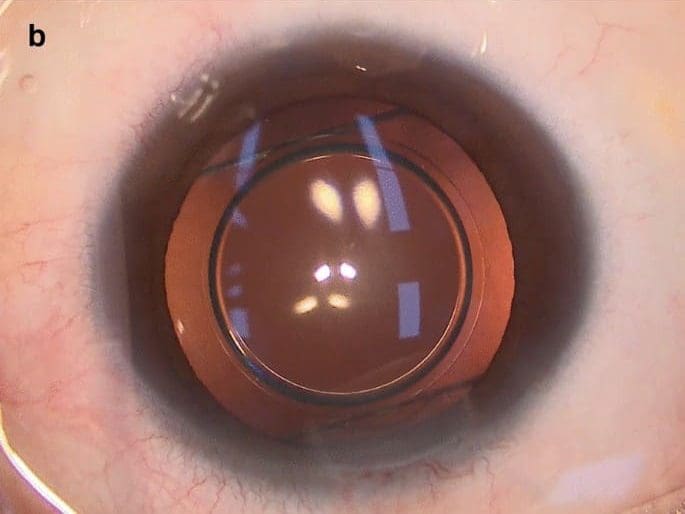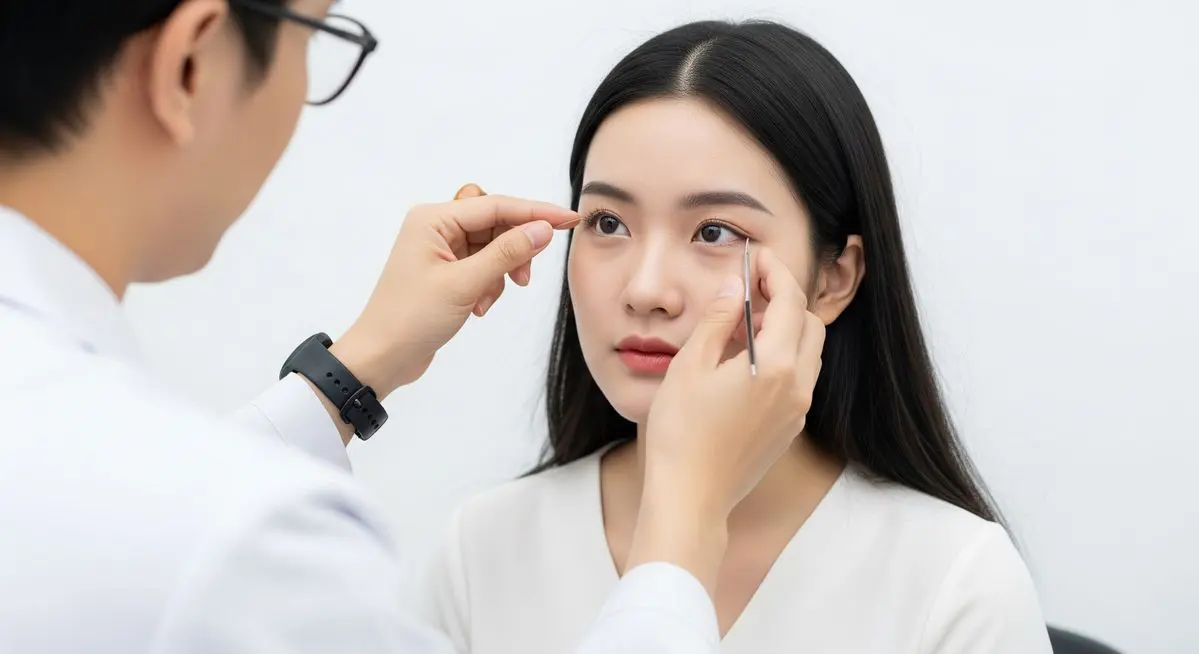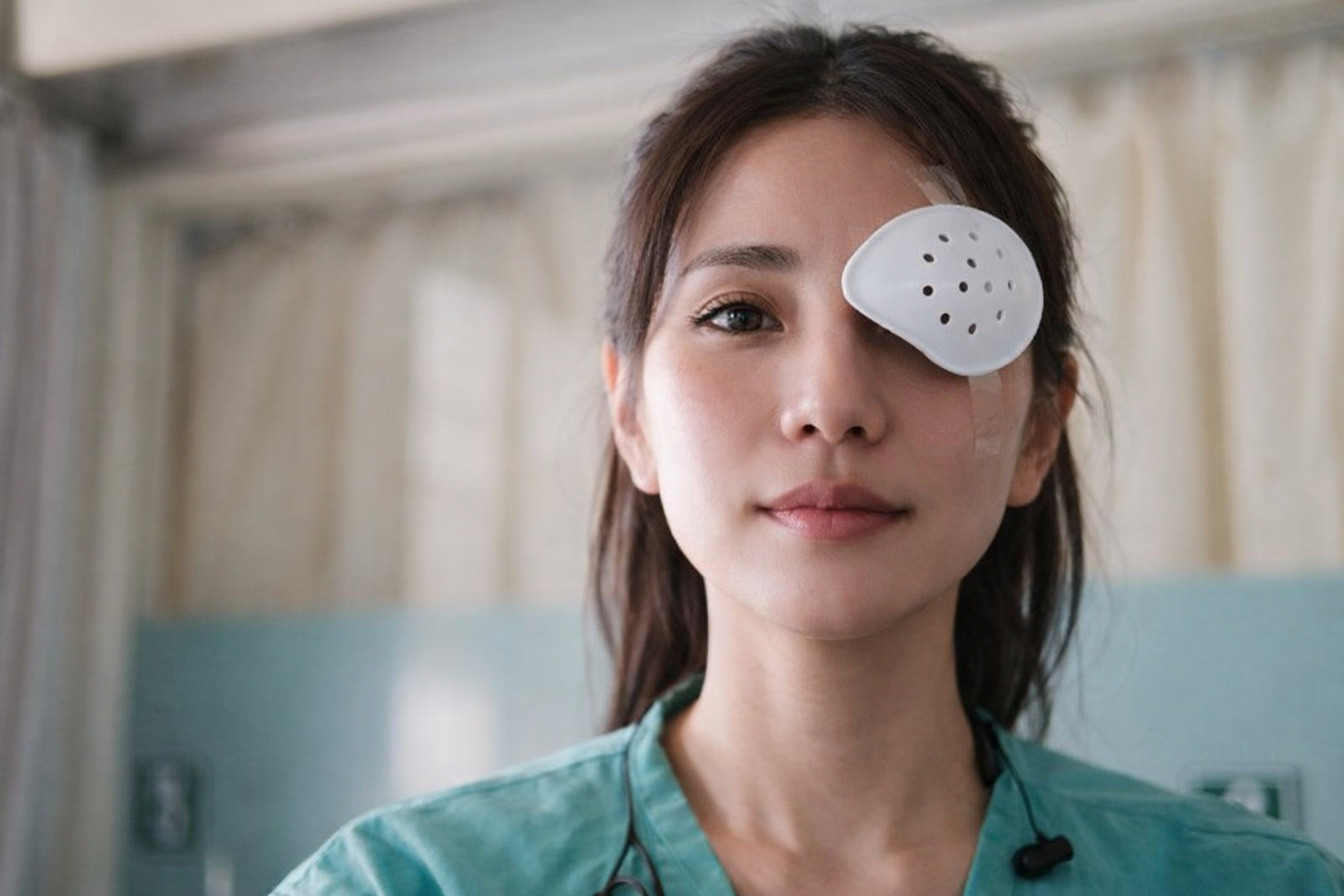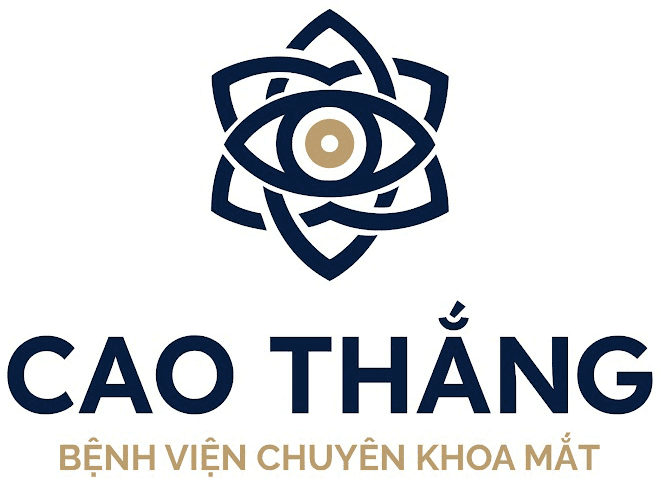Introduction

Simple habits can help reduce myopia naturally and keep your eyes healthy every day.
Reducing myopia naturally is not impossible. Although there is no method that can completely reverse nearsightedness without medical intervention, you can still slow down its progression, improve your vision, and keep your eyes healthy with daily care. Below are seven simple habits recommended by ophthalmologists to maintain better eye health.
1. Rest your eyes properly with the 20-20-20 rule
Your eyes work continuously when focusing on close-up tasks, especially when studying or working on screens. The 20-20-20 rule is considered the “golden tip” to help reduce myopia naturally: every 20 minutes of near work, look at something 6 meters (20 feet) away for 20 seconds. This helps relax the ciliary muscles, reduce strain, and prevent your myopia from worsening.
2. Maintain proper posture and viewing distance
Poor posture—such as reading too close, leaning toward screens, or lying down while using your phone—forces your eyes to constantly adjust focus. Sit upright, keep a distance of 40–75 cm from the computer screen, ensure proper lighting, and avoid reading in the dark. Small adjustments like these can significantly reduce eye strain.
3. Eat a balanced diet to nourish your eyes
Nutrition plays a vital role in reducing myopia naturally, protecting the retina, and slowing the progression of nearsightedness. Some foods that effectively support natural myopia reduction include:
- Vitamin A: carrots, animal liver, and sweet potatoes improve night vision.
- Lutein and zeaxanthin: found in dark green vegetables, eggs, and broccoli, protect the macula.
- Omega-3: salmon, mackerel, chia seeds help relieve dry eyes.
- Vitamin C, E, and zinc: found in oranges, almonds, pumpkin seeds, and olive oil, provide antioxidant protection for the eyes.
4. Spend more time outdoors
Natural sunlight stimulates dopamine release in the retina—an important substance that helps limit the elongation of the eyeball, thereby preventing the progression of myopia. Experts recommend spending at least two hours outdoors daily, such as walking, doing light exercise, or simply relaxing under gentle morning sunlight.
5. Regularly massage and exercise your eyes

Gently massaging around the eyes helps relax muscles, support natural myopia reduction, improve blood circulation, and enhance vision.
Simple exercises can improve blood circulation around your eyes, relieve tension, and enhance the flexibility of the eye muscles:
- Gently close your eyes, then open them wide for 5 seconds; repeat five times.
- Move your eyes in a figure-eight pattern for 30 seconds.
- Shift your focus between a near object (30 cm) and a distant one (6 m) for one minute.
- Massage around your eye sockets with your fingertips to increase circulation.
Just five minutes a day can make your eyes feel noticeably relaxed and refreshed.
6. Keep your eyes moisturized by blinking and using eye drops
When concentrating on screens, your blink rate decreases by 60%, causing dry and tired eyes. Make it a habit to blink frequently and use artificial tears or preservative-free lubricating drops to maintain eye moisture. Well-hydrated eyes feel less irritated and support your effort to reduce myopia naturally.
7. Schedule regular eye exams and wear the correct prescription
Many people overlook the need for regular eye check-ups, leading to wearing the wrong prescription and overstraining their eyes. Children should have their vision checked every six months, while adults should do so once a year. Detecting early vision changes allows timely correction and prevents rapid progression of myopia.
When should you see a doctor?

When working long hours on the computer, follow the 20-20-20 rule to rest your eyes and reduce myopia naturally.
If you experience blurry distance vision, headaches, eye fatigue, or frequent squinting, visit an eye specialist for an accurate evaluation. In some cases, rapidly progressing myopia may require professional interventions such as Ortho-K lenses or low-dose Atropine eye drops—prescribed under medical supervision.
When should you consider advanced treatment options?
If you have already adopted all the above habits but your vision continues to deteriorate, medical treatment may be necessary. Today, one of the most advanced and safest methods is Phakic ICL—a modern refractive surgery technology highly recommended by ophthalmologists.
Phakic ICL (Implantable Collamer Lens) is a biocompatible lens implanted between the iris and the natural crystalline lens. This procedure does not damage the cornea, does not cause dry eyes, and is ideal for patients with thin corneas or high myopia. The procedure takes only about 20–30 minutes, providing near-immediate vision improvement and quick recovery within one to two days.
The Phakic ICL lens is made from Collamer, a biocompatible material that filters UV rays and harmonizes with the natural structure of the eye. Remarkably, the lens can be removed by a doctor if necessary, ensuring long-term flexibility and safety for the patient.
Reducing myopia naturally is not just a desire—it’s a journey of building healthy habits for your eyes. From proper rest and nutrition to protecting your eyes during work, every step contributes to clearer, stronger vision. Don’t forget to schedule regular eye check-ups, and if you aim to restore full visual clarity, advanced treatments like Phakic ICL at TD Eye may be the optimal, safe, and effective solution for you.

 vi
vi 08-Oct-2025
08-Oct-2025













 0916.741.763
0916.741.763 Appointment
Appointment